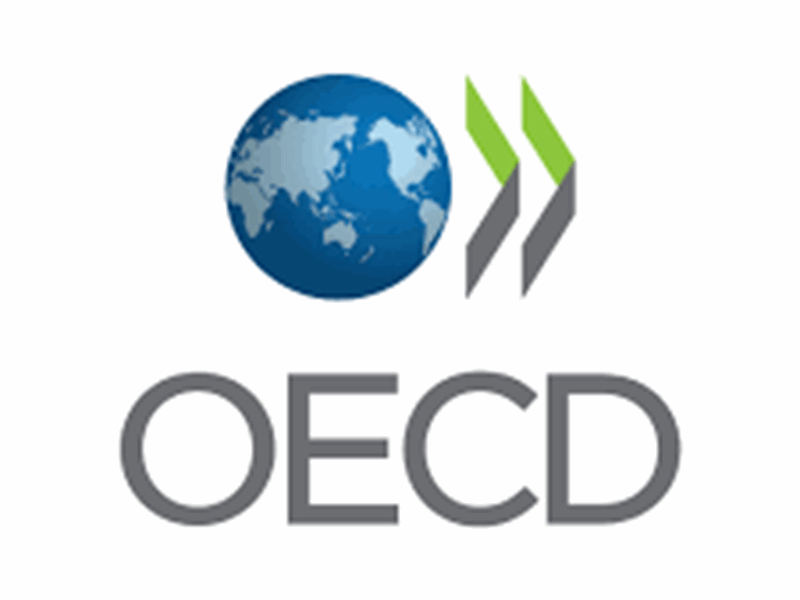2023

Effective tax rates of MNEs: New evidence on global low-taxed profit
Using a new dataset on the global activities of large MNEs, this paper provides new estimates of the distribution of effective tax rates of large MNEs across and within jurisdictions. The results show that low tax profit is common, and that substantial low-taxed profit exists outside low tax jurisdictions. It is estimated that high tax jurisdictions (jurisdictions with average ETRs of above 15%) account for more than half (53.2%) of global profits taxed below 15%, much more than very low tax jurisdictions (those with average ETRs below 5%) which only account for 18.7% of low-taxed profits. This suggests that an assessment of global low-taxed profit that focuses only on jurisdictions with low average ETRs could potentially miss out on more than half of global low-taxed profit.

Global Tax Evasion Report 2024
Over the last 10 years, governments have launched major initiatives to reduce international tax evasion. Yet despite the importance of these developments, little is known about the effects of these new policies. Is global tax evasion falling or rising? Are new issues emerging, and if so, what are they? This report addresses these questions thanks to an unprecedented international research collaboration building on the work of more than 100 researchers globally.

Minimum Tax Implementation Handbook (Pillar Two)
This Implementation Handbook on the minimum tax provides an overview of the key provisions of the rules and the considerations to be taken into account by tax policy and administration officials and other stakeholders in assessing their implementation options.

General Explanations of the Administration's Fiscal Year 2024 Revenue Proposals
On March 9, 2023, President Biden submitted a proposed FY 2024 Budget request to Congress. The proposals include increases in corporate rates in order to align the United States with the Pillar II GLoBE rules.

Tax Challenges Arising from the Digitalisation of the Economy – Administrative Guidance on the Global Anti-Base Erosion Model Rules (Pillar Two)
On February 2, 2023, the OECD released Administrative Guidance on the Pillar Two GloBE rules. The Administrative Guidance addresses multiple issues that Inclusive Framework members have identified as needing immediate clarification and simplification.


































